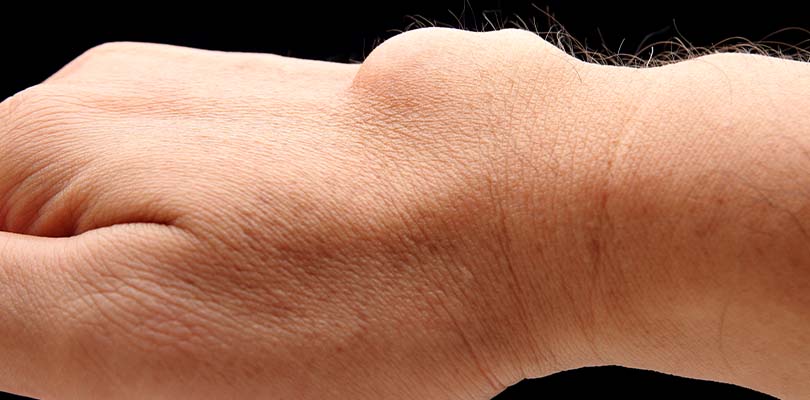Schizophrenia Treatment Plans
Schizophrenia can be a difficult mental illness to deal with. The symptoms can range from uncomfortable, to stressful, to horrifying. Often, lifetime treatment is required for individuals with schizophrenia. Luckily there are lots of forms of treatment to help with schizophrenia.
Medications
Medications are extremely important for individuals with schizophrenia. Often coupled with therapy, they are one of the main methods of treatment used by medical professionals. According to Mayo Clinic, they are mainly used to affect the way dopamine works in the brain. These anti-psychotic medications are meant to manage symptoms at the lowest dose possible.
There is a wide variety of medications that a psychiatrist may choose to prescribe to someone with schizophrenia. A psychiatrist may prescribe one medication or they may prescribe a combination. These medications take time to build-up in the patient’s system, so it is also often determined by the reaction or lack thereof that a patient has to the medication.
Antidepressants and anti-anxiety drugs may also sometimes be used. Unfortunately, the medications used for schizophrenia can have significant side effects.
According to Mayo Clinic, some of the newer medications doctors may use include:
- Aripiprazole (Abilify)
- Asenapine (Saphris)
- Brexpiprazole (Rexulti)
- Cariprazine (Vraylar)
- Clozapine (Clozaril)
- Iloperidone (Fanapt)
- Lurasidone (Latuda)
- Olanzapine (Zyprexa)
- Paliperidone (Invega)
- Quetiapine (Seroquel)
- Risperidone (Risperdal)
- Ziprasidone (Geodon)
There are older anti-psychotic medications that may be used. They are not the preferred medications because patients have a much higher risk of encountering negative side effects with the older medications.
Therapy
It is important to couple the treatment plans set forth by a psychiatrist with a treatment plan from a licensed therapist. When looking for a therapist, try to find one that has experience with treating patients with schizophrenia. There are countless types of therapy available.
Patients can opt for one on one sessions with a therapist. The advantage of this is that it is a private session so you do not have to worry about more than one person hearing about anything you are discussing. These are great because the therapist can cater a treatment plan just for you and your specific needs. This includes educating you about how to recognize hallucinations, as well as learning more about your diagnosis.
Cognitive behavior therapy (CBT) helps individuals with schizophrenia recognize what triggers their episodes. Coupled with medication, CBT can also help teach the patient how to reduce and even end their episodes.
Individuals with schizophrenia can also benefit from various types of psychosocial therapy like self-help groups, coordinated specialty care (CSC), assertive community treatment (ACT) and social recovery therapy.
In certain severe cases where other forms of therapy are not working, some medical professionals may consider electroconvulsive therapy. This consists of about two to three treatments per week for several weeks. This type of therapy causes controlled seizures which eventually help improve the patient's mood as weeks go on. The reason this works is still unknown, however, it is not an option that is used often because some medical professionals believe it may be affecting neurotransmitters in the brain.
There are plenty of reasons and rationalizations that keep people from going to the doctor, but there are just as many reasons to break that bad habit.
Exercise and Schizophrenia
Exercise tends to help every facet of your health. Not only does it help your physical health, but it has been shown to have a significant effect on your mental health as well. The same is true for schizophrenia. A study published in 2018 found that exercise helps decrease the severity of certain symptoms of schizophrenia in individuals who are already being treated with antipsychotics.
Getting Proper Sleep
If you want to be healthy in any way, sleep is a necessity. Catching a good night’s rest helps maintain both your physical wellbeing as well as your psychological wellbeing. While it can be difficult to sleep during some schizophrenic episodes, attempting to maintain a healthy sleep schedule will benefit you immensely. A study published in 2016 found that dopamine dysregulation, which contributes to many of the symptoms of a schizophrenic episode, was intricately linked with circadian rhythms (sleep patterns) and psychosis.
Find Ways to Decrease Stress
While your medical professionals should always be included in conversations regarding treatment, it is important to find ways to decrease your stress while you are on your own too. This can be a positive hobby like collecting cards, playing video games, watching TV or spending more time in nature.
If you are struggling with finding a way to reduce your stress on your own, speak to your therapist about it. They can help you figure out what is best for you and your needs. This is important because unnecessary stress can often make the symptoms of schizophrenia significantly more intense.
Make Your Health a Priority
While some people’s situations are not as clear cut, it is important to try and make your health a priority. Investing time into your treatment is investing time into yourself. Professional support can help provide you with the tools you need to stay on your feet and you may even learn how to prevent future episodes.







